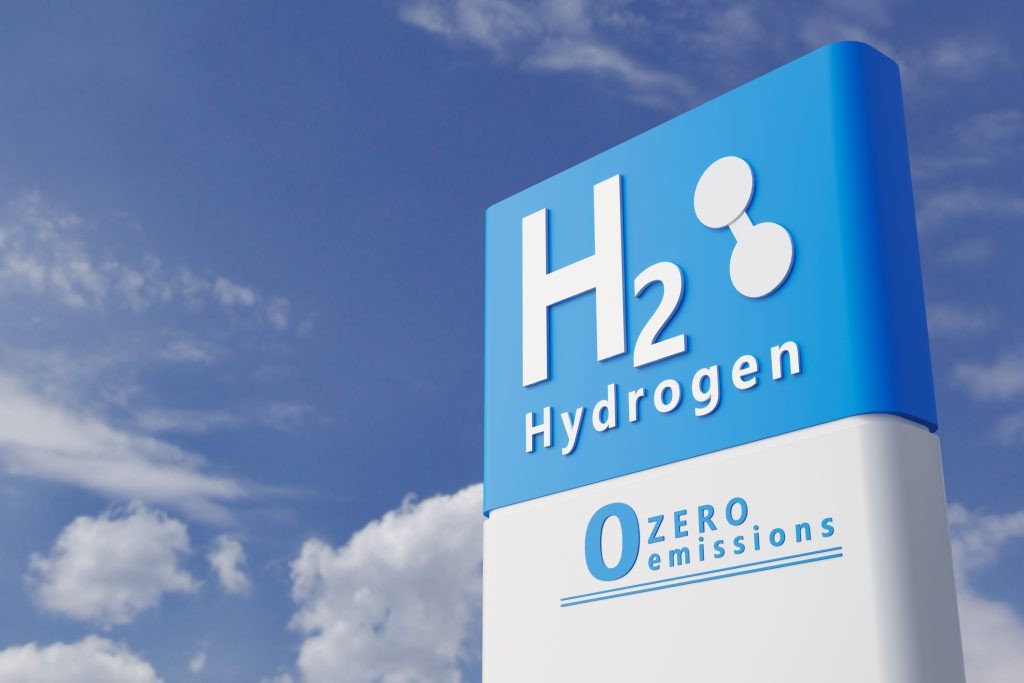According to a new report from LCP Delta, the total installed capacity of hydrogen projects across Europe could exceed one gigawatt for the first time, growing from around 236MW last year to over 2GW in 2023. H2 projects in the UK and Germany amounting to 400MW of capacity in the pipeline will play a pivotal role in creating this significant milestone for the European renewable energy market this year, it claims.
With increased production, LCP Delta believes that the international market will begin exploring options for price setting for hydrogen. Additionally, the storage and transportation of hydrogen will become the critical focus for policy makers and developers.
Nevertheless, LCP Delta's report also indicates that increases in hydrogen capacity will show little sign of slowing down, with total installed capacity set to reach over 22GW by the end of 2027.
"It is exciting to see the hydrogen market forecast for exponential growth", said Brendan Murphy, Head of Hydrogen at LCP Delta. "Our research indicates that discussion is turning into tangible action, and with increased investor confidence, we believe the sector will continue to develop rapidly. We expect to see hydrogen play an increasingly significant role in the global energy market and our daily lives in the next 5 to 10 years."
Despite the encouraging data, the report has warned against complacency from European governments and stressed the urgent need for regulatory progress required to unleash hydrogen's full potential.
RELATED: Global H2 electrolyzers projects stack up to 957 GW; only 11 pc progressing: Report
"Europe has made significant progress in sourcing public and private investment for hydrogen projects, but we also see a regulatory bottleneck emerging that is beginning to stall momentum. Currently, 7.3GW of green hydrogen projects could receive final investment decision this year if their current go-live timelines are achieved, but situations like this risk becoming an unwelcome obstacle for market growth," said Murphy.
Meanwhile, in the United States and the Middle East, a lack of red tape and clearly defined incentives have encouraged a surge in new hydrogen projects. The Inflation Reduction Act (IRA) in the US is providing new levels of public sector support to the clean energy sector, leaving Europe at risk of being left behind.
Murphy further added, "What we are seeing is the emergence of a global arms race in hydrogen. As things stand, we are tracking up to $44bn of publicly announced investment in the European hydrogen market, although much of this is unallocated, waiting for private or public investment".
"Until the recently announced Green Deal Industrial Plan, the response in Europe to the IRA was looking somewhat inadequate, and there was a real risk that investors would be attracted away from Europe. There is also a danger that the UK is left behind if it doesn't commit more support for hydrogen, despite leading the charge early on".
RELATED: ETN Outlook 2023: Paving the road to zero emission | Green Hydrogen
"There has been a surge in political support as the potential of the market comes to be realized, and now countries are developing infrastructure to produce and transport hydrogen as part of a global energy market. To ensure the long-term energy security of Europe, governments and institutions must clarify the regulatory process and remove obstacles such as red tape to speed up approval of new projects to clear an investment pathway, so that the market can capitalize on its technology advantage to keep pace with global competitors", he added.

RES-Octopus Energy JV 'HYRO' to swap Gas for Green H2 at factories in UK
Read More

